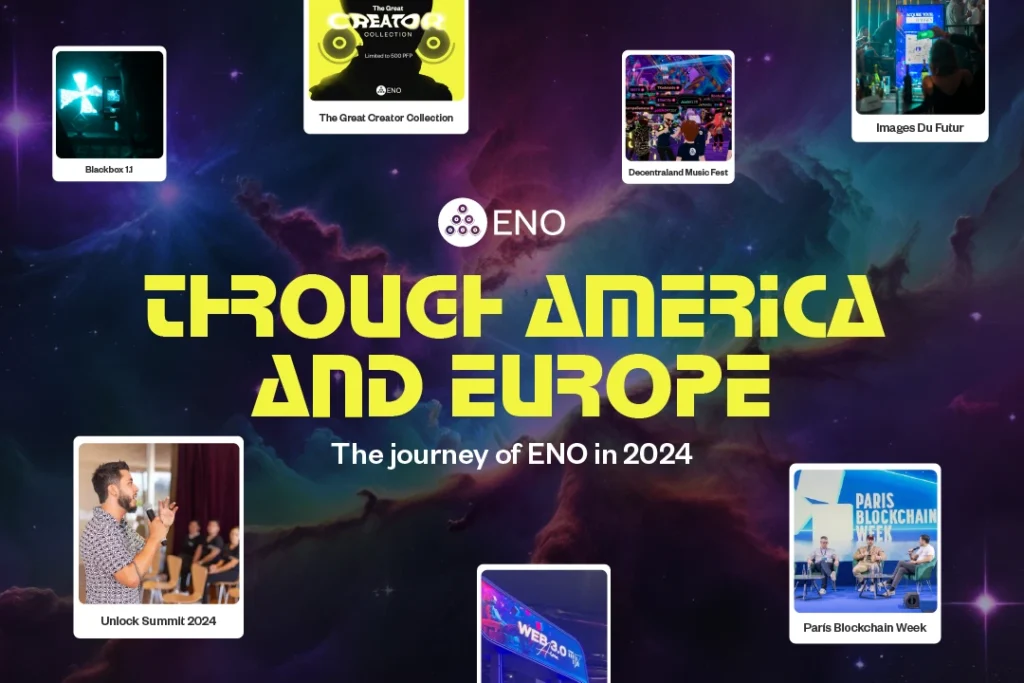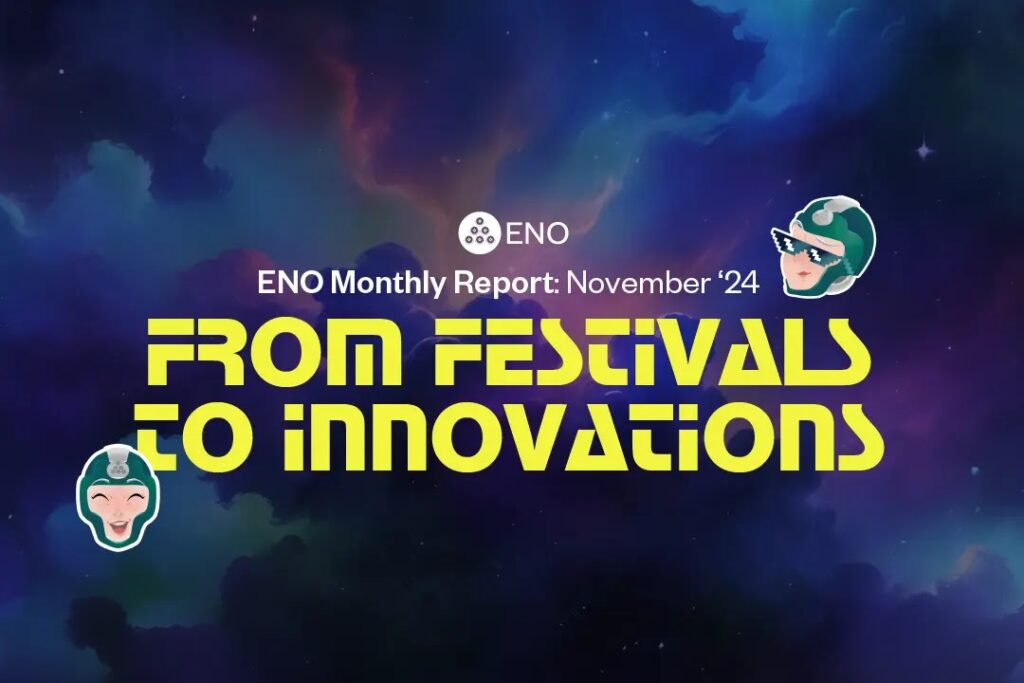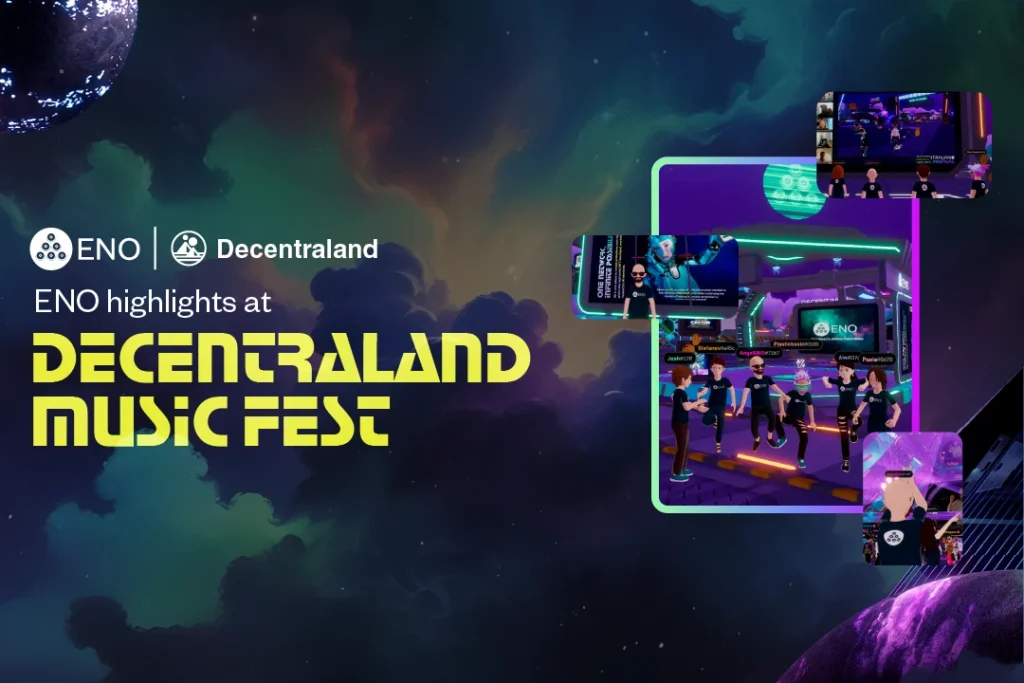- 1. The Emergence of AI in Wine and Beverage Industry
- 2. Vineyard Management and Cultivation with AI
- 3. Enhancing Wine Production and Quality Assurance
- 4. AI in Supply Chain and Distribution
- 5. Marketing and Customer Experience Innovations
- 6. AI’s Role in Sales Predictions and Market Trends
- 7. Conclusion: Embracing AI in the Wine Industry

1. The Emergence of AI in Wine and Beverage Industry
Artificial Intelligence (AI) is significantly transforming the wine industry, seamlessly integrating with traditional vintner practices. In vineyard management, AI offers advanced tools for monitoring plant health, identifying early signs of disease, and detecting pest invasions, facilitating real-time decision-making. Beyond the vineyards, AI is reshaping customer experiences in the wine and beverage sector. Its ability to analyze data and predict trends is revolutionizing industry operations, from production to distribution. This fusion of AI with age-old craftsmanship is ushering in a new era for the wine industry, where technology enhances tradition and drives innovation.
2. Vineyard Management and Cultivation with AI
AI is revolutionizing vineyard management and cultivation, introducing precision agriculture. This integration allows for real-time monitoring of soil health, climate conditions, and plant health, optimizing irrigation, fertilization, and pest control. AI-driven predictive analytics are crucial for early disease detection, ensuring crop health and quality. Additionally, AI’s meteorological analysis aids in proactive vineyard management, optimizing viticulture stages and mitigating risks from unexpected weather changes.
3. Enhancing Wine Production and Quality Assurance
AI significantly impacts wine production and quality assurance, ensuring consistency and enhancing flavors and aromas. Machine learning models analyze complex patterns, refining each wine bottle’s essence. This scientific precision balances the artistry of winemaking, catering to diverse consumer preferences. AI’s role in production is a testament to its potential in enhancing the quality and appeal of wines.
4. AI in Supply Chain and Distribution
The integration of AI in supply chain management and distribution within the wine industry is not just an advancement; it’s a revolution. AI algorithms are not only predicting market demands with incredible accuracy but also reshaping the entire logistics landscape. This technological leap is particularly significant in an industry where timing and precision are key. From ensuring optimal stock levels to reducing wastage, AI is enabling a more efficient, responsive supply chain. Moreover, AI’s predictive capabilities are crucial in navigating the complexities of global distribution, including dealing with diverse regulatory environments and fluctuating market demands. This level of sophistication in supply chain management is not just about maintaining competitiveness; it’s about setting new standards in the efficient and intelligent distribution of wine.
5. Marketing and Customer Experience Innovations
In the realm of marketing and customer experience, AI is playing a transformative role in the wine industry. Beyond just personalized recommendations, AI-driven tools are enabling brands to engage with consumers in more meaningful and interactive ways. Virtual sommeliers, powered by AI, are not just suggesting wines but also educating consumers, thereby enriching their wine journey. AI’s ability to analyze consumer data allows for more targeted marketing campaigns, ensuring that consumers are presented with wines that align with their tastes and preferences. This level of personalization is not only enhancing the consumer experience but also building stronger, more loyal customer relationships. In an industry where experience and personal touch are highly valued, AI is proving to be an invaluable ally in creating memorable consumer interactions.
6. AI’s Role in Sales Predictions and Market Trends
AI’s contribution to understanding and predicting sales trends in the wine industry is invaluable. By analyzing vast amounts of data, AI provides insights into consumer purchasing patterns, emerging market trends, and potential growth areas. This information is crucial for wineries and distributors in planning their production and marketing strategies. AI’s predictive analytics help in identifying not just current but future consumer preferences, allowing for timely adjustments in product offerings. This foresight is particularly beneficial in an industry where production and aging processes can span years. AI’s ability to anticipate market shifts ensures that when a wine is ready for the market, it meets the current consumer demand, thereby maximizing sales opportunities.
7. Conclusion: Embracing AI in the Wine Industry
The integration of AI in the wine industry marks a pivotal shift towards a more technologically advanced, efficient, and consumer-centric approach. From enhancing the precision in vineyard management to revolutionizing marketing strategies, AI is proving to be a game-changer. As the industry continues to evolve, embracing AI is not just about staying relevant; it’s about leading the charge towards a more innovative, sustainable, and consumer-focused future. The marriage of tradition and technology through AI is creating new opportunities, ensuring that the wine industry not only preserves its rich heritage but also thrives in an increasingly digital world.







